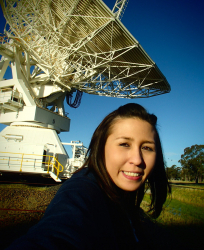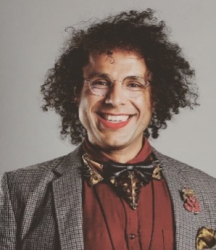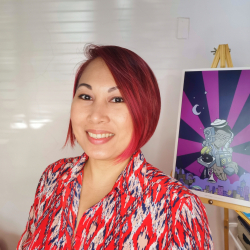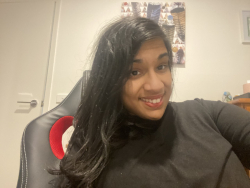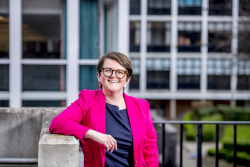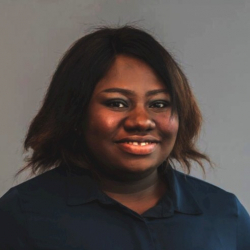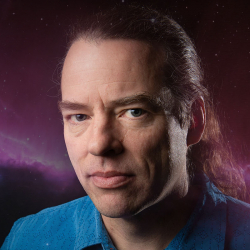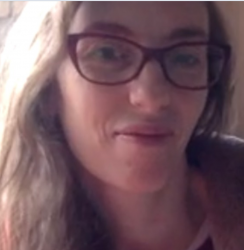Session 15: Preparing Academia for the Future of Collaboration: Opportunities and barriers
As we adapt and learn how to live with the global impacts of the pandemic, we have a unique chance to rethink and reshape academic practices to increase accessibility, intersectional inclusion and sustainability. Not only as the way to maintain traditional metrics and performance but rather to expand and exceed metrics for reach, communications, meetings, and successful collaboration. Work interactions and collaboration changed the dynamic significantly during COVID-19, limiting the impact of barriers such as funding and travel while creating new challenges. The future of STEM depends upon utilising learnings of this period and redefining a new normal that maximises equitable connectedness, including widespread education in effective use of digital tools and workload sustainability.
This demonstrative workshop will provide a platform for exploring evolving best practice, seeking to characterise opportunities and barriers globally. The inclusion of diverse voices and perspectives has always been a challenge for academia, where ability to take part has depended on privileged access to resources. Adapting practices to realise location-agnostic meetings, collaboration and mentoring is critical to achieving inclusive excellence, and we will provide tangible approaches using an intersectional lens.
Our 90 minute session will consist of two segments. The first segment (45 min) will feature short overview talks presented by Vanessa (introducing the session and the future of meetings concept), Mohammad (on considerations for intersectional inclusion), and other international perspectives relevant to this theme. Our intention with these perspective contributions is to explore the topic of the session in the following way: how does online improve the situation for accessibility/inclusivity in their particular context, and what are challenges/barriers? The second segment (45 min) will involve participants being divided into groups to explore scenarios in depth and identify barriers/solutions, bringing everyone back together for the last 10-15 min for a wrap-up and conclusion.
Primary session organizer: Vanessa Moss and Mohammad Taha, Australian Academy of Science, Australia
To attend online, register at https://nasem.zoom.us/webinar/register/WN_2T_qNKgtTdWb794BHxtxgA.
